For many coffee lovers, pursuing the perfect cup is a constant journey. However, that journey sometimes takes an unexpected turn, leading to an unwelcome bitterness in your brew. Fear not; that overly bold flavour note has popped up for even the most seasoned barista. I’ve been fortunate to brew and taste amazing coffees professionally for many years. However, despite having access to exceptional coffees and some brilliant coffee people, I get my brewing wrong.
There are many reasons your coffee might be tasting harsh, but with a few simple adjustments, you can transform your less-than-ideal brew into a smooth and delicious cup.
At Pablo & Rusty's, specialty coffee roasters in Sydney, we're passionate about helping you experience coffee at its finest, the best coffee for home. In this article, we'll delve into some possible reasons behind bitter coffee and explore solutions to ensure you enjoy a consistently delicious cup every time.
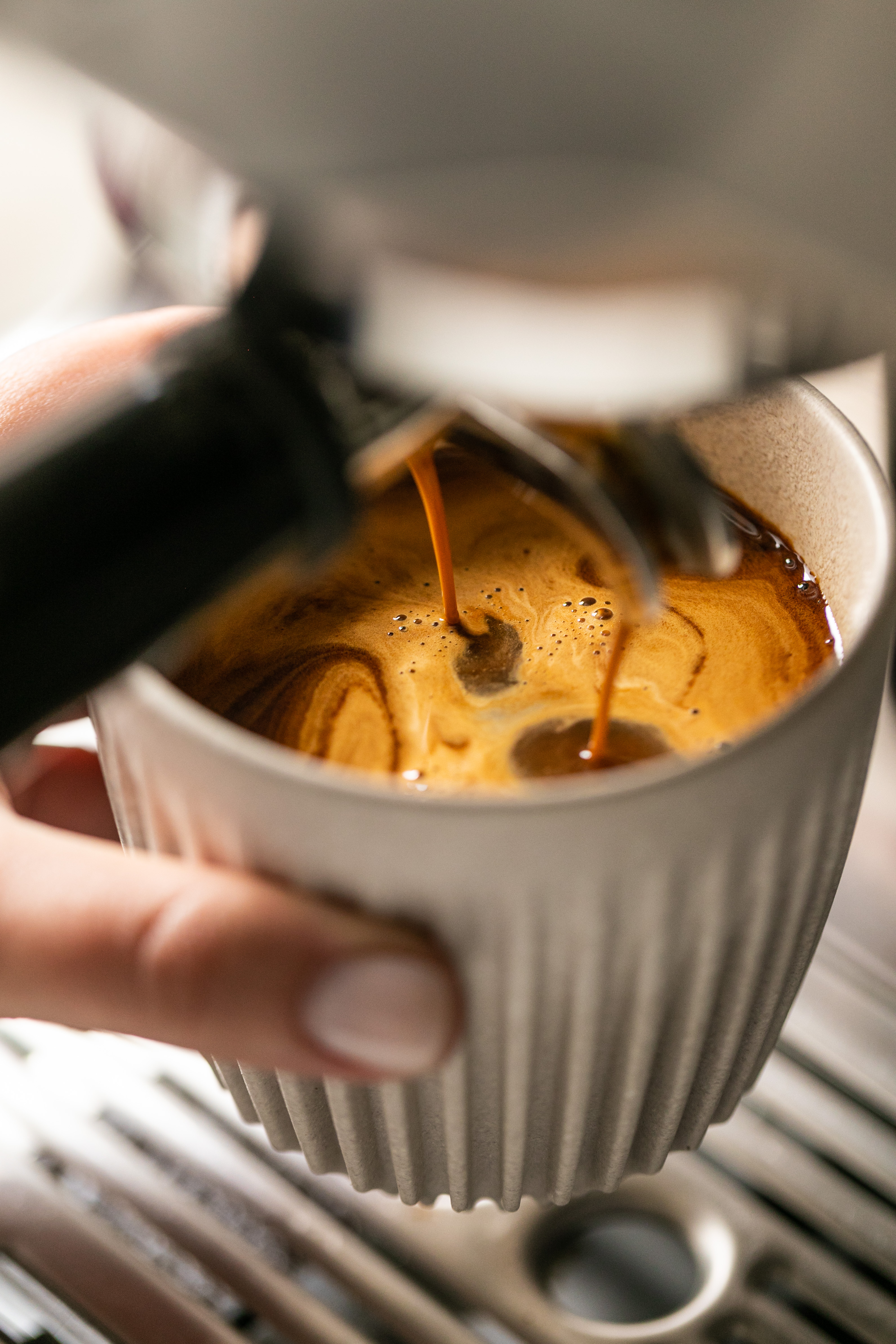
The science behind bitterness
Coffee bitterness is often caused by over-extraction. This occurs when too many flavour compounds, including bitter ones, are dissolved from the coffee grounds during brewing. Several factors can contribute to over-extraction, and by understanding these, you can make adjustments to achieve brewing bliss.
Grind size matters
The size of your coffee grind plays a crucial role in extraction. Finer grinds have a larger surface area, allowing for faster extraction and potentially leading to bitterness. Conversely, coarser grinds extract slower, resulting in a smoother cup. Here's a breakdown of grind size and its impact:
Fine Grind: Ideal for espresso machines but can lead to bitterness in other brewing methods.
Medium Grind: This versatile option is suitable for filter coffee style brewing, Aeropress, manual brewers, V60, or pour-over methods.
Coarse Grind: Perfect for French press or cold brew coffee, where a slower extraction is desired.
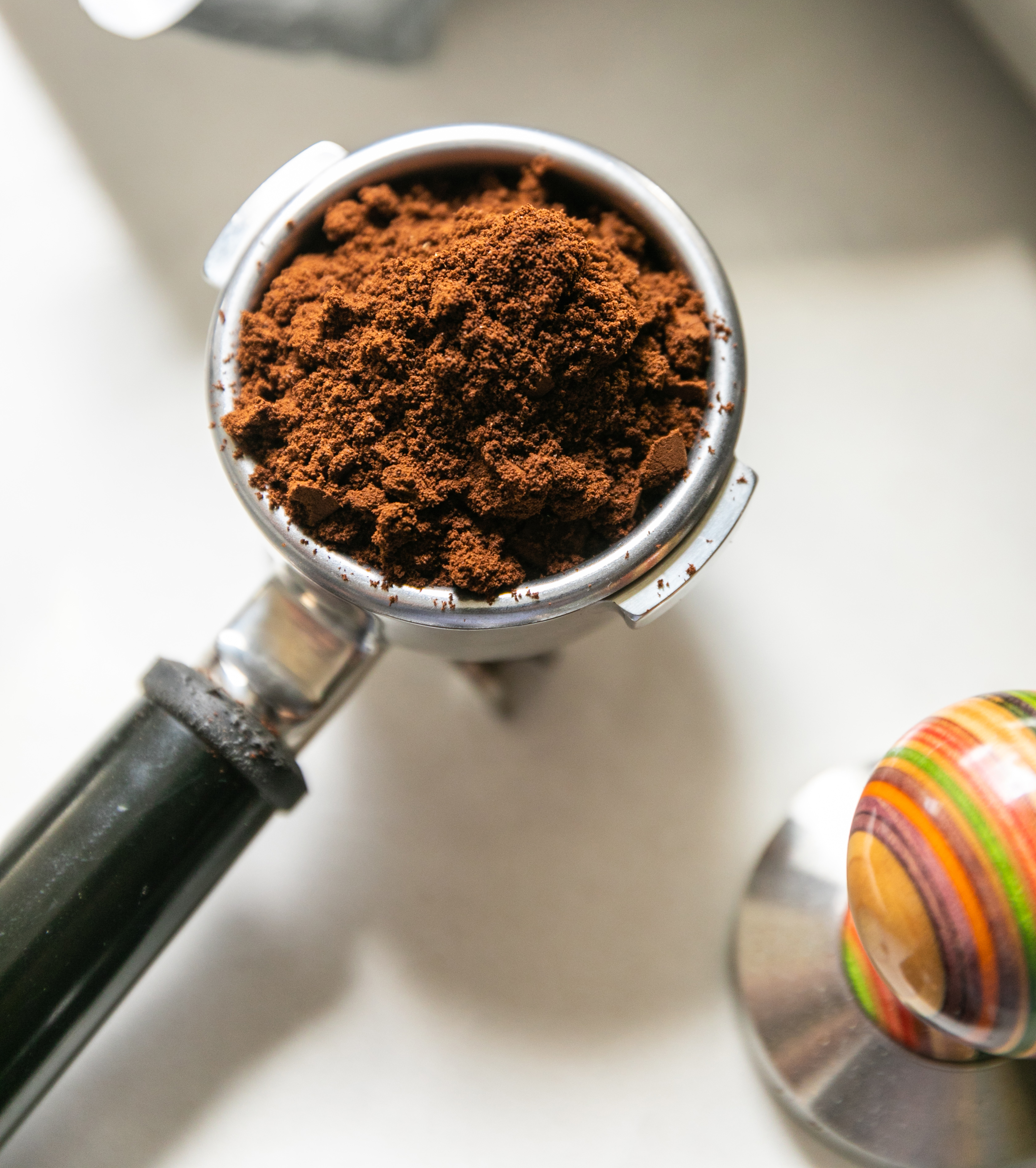
Experiment with grind size
The ideal grind size can vary depending on your brewing method. Start with a medium grind for most drip coffee makers and adjust from there. If your coffee tastes bitter, try a coarser grind. For espresso, start with a finer grind. If your shot is pouring (extracting) very slowly and has a bitter note, try a slightly courser grind size (you can also reduce your dose slightly). At Pablo & Rusty's, we offer freshly roasted coffee beans specifically ground for different brewing methods. This ensures optimal extraction and a delicious cup every time—a BIG however, we always recommend grinding your coffee fresh, whatever your chosen brew method.
Brew time: Finding the sweet spot
Brewing time is another critical factor influencing extraction. Over-brewing can lead to bitterness. Refer to the recommended brewing time for your specific coffee maker or brewing method. Many pour-over techniques involve a pouring schedule to ensure optimal extraction within a particular timeframe.
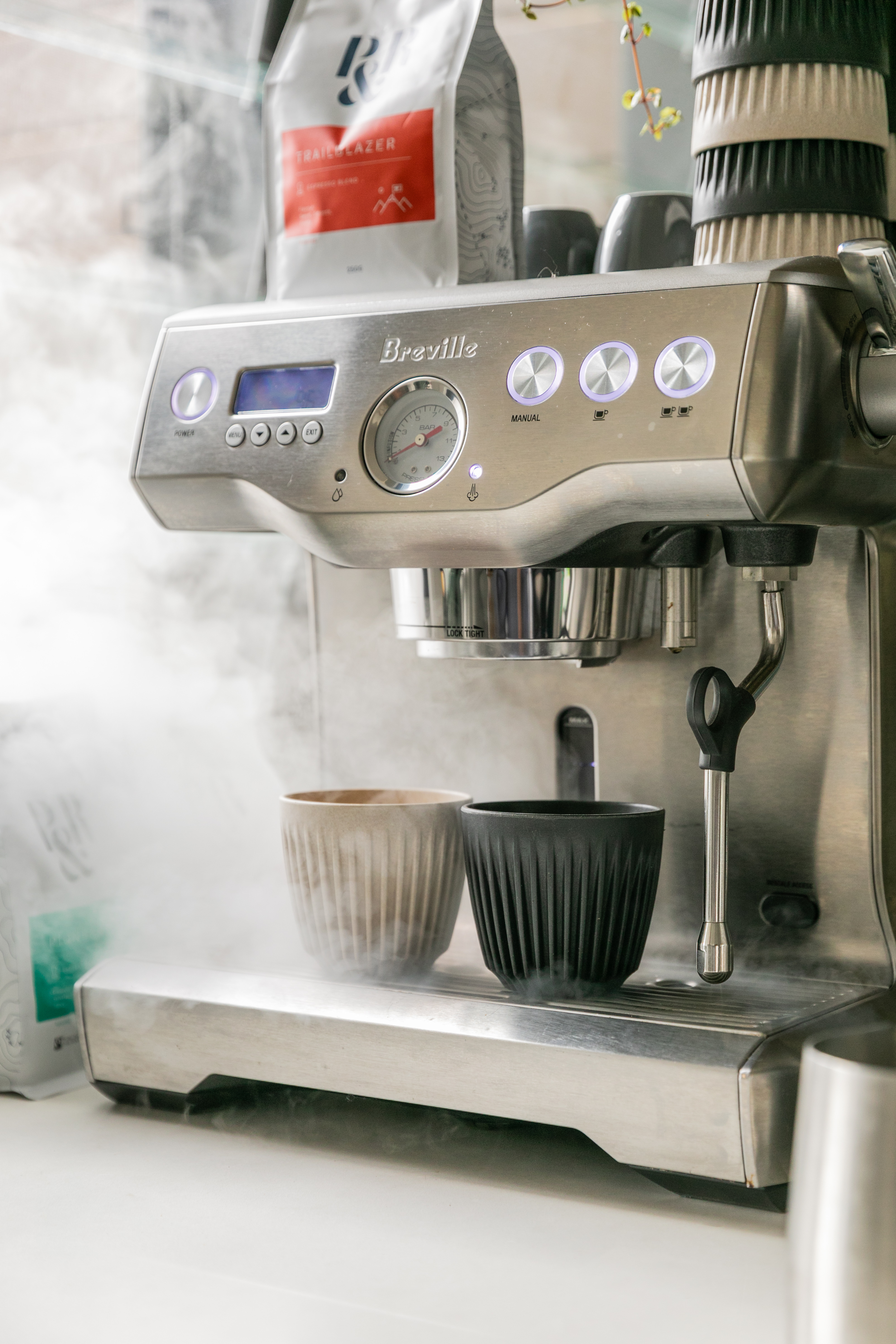
Coffee subscription Australia: Freshness is key!
Coffee beans lose their freshness over time, leading to a decline in flavour and an increase in bitterness. Opting for a coffee subscription service from a specialty roaster like Pablo & Rusty's ensures you receive freshly roasted beans. Fresh coffee will go a long way toward guaranteeing a smoother and more enjoyable coffee experience.
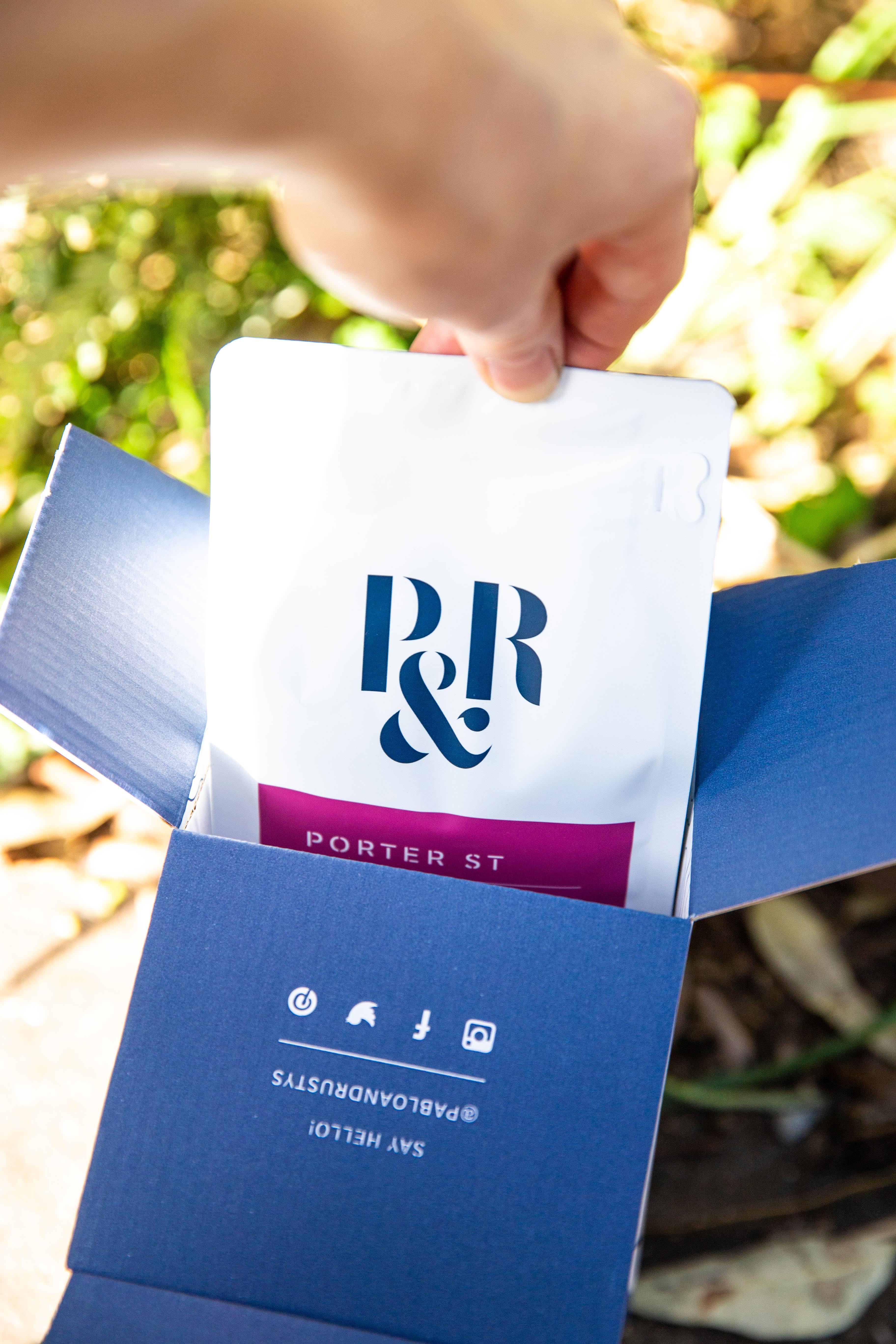
Water matters: The foundation of a great cup
Believe it or not, the quality of your water can significantly impact the taste of your coffee. Impurities in tap water can alter flavour and contribute to bitterness. Using filtered or bottled water can make a world of difference. Additionally, the water temperature plays a role. Aim for a temperature between 90-95°C (194-203°F) for optimal extraction.
Coffee to water ratio: Striking a balance
The ratio of coffee to water is another factor that can influence bitterness. Using too much coffee can lead to a robust and potentially bitter brew. A good starting point for most filter brewing methods is a 1:16 coffee-to-water ratio (by weight). From there, you can adjust the ratio to suit your taste preference. For espresso, we like to start at between 1:2 and 1:3. With espresso, using more water can lead to over-extraction, so finding the right grind size here is key.
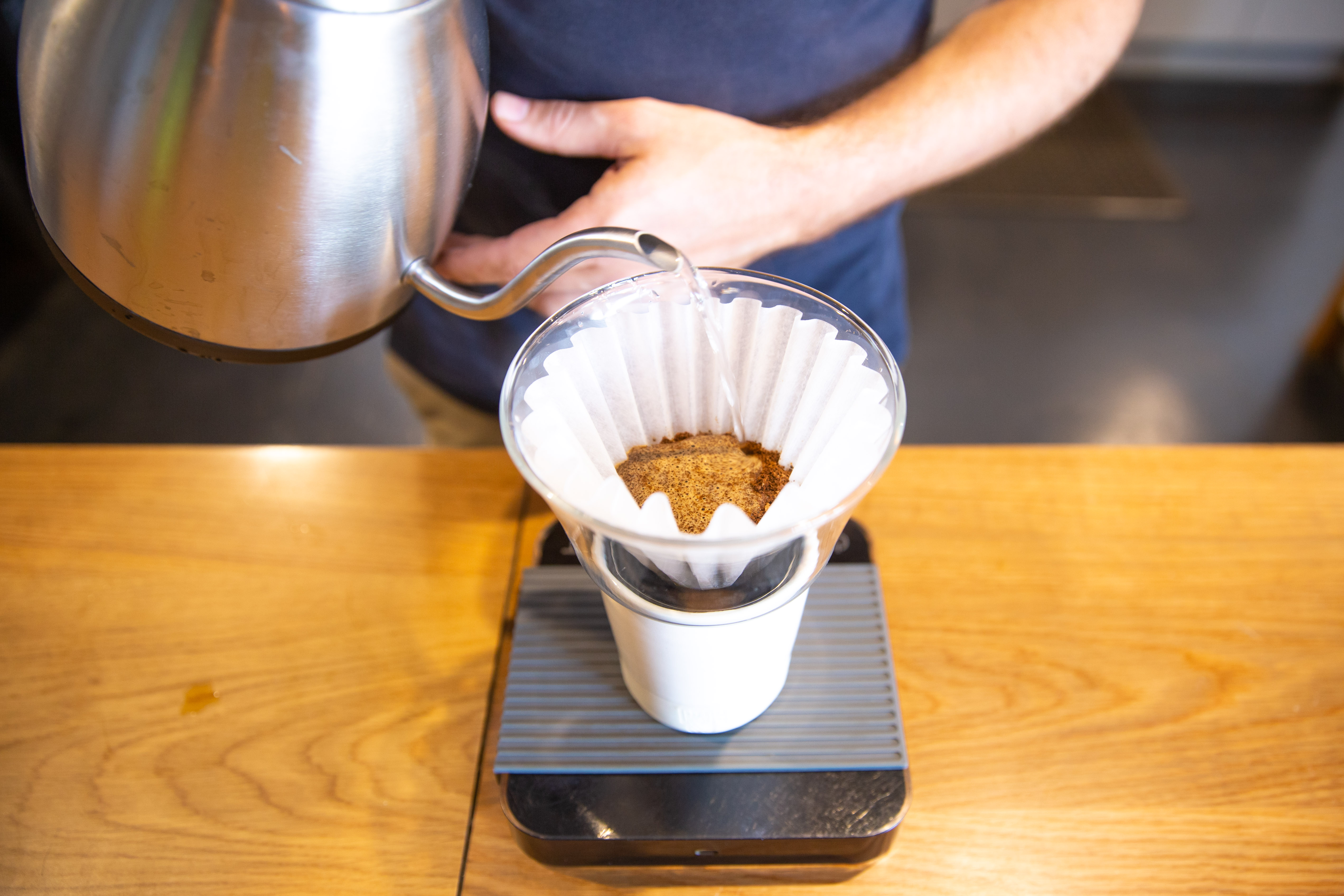
Coffee roast: Lighter might be brighter
Lighter roasts tend to be less bitter than darker roasts. This is because darker roasts undergo a longer roasting process, extracting more flavour compounds, including some that contribute to bitterness. Experimenting with lighter roasts might be a solution if you find your darker brews too bitter.
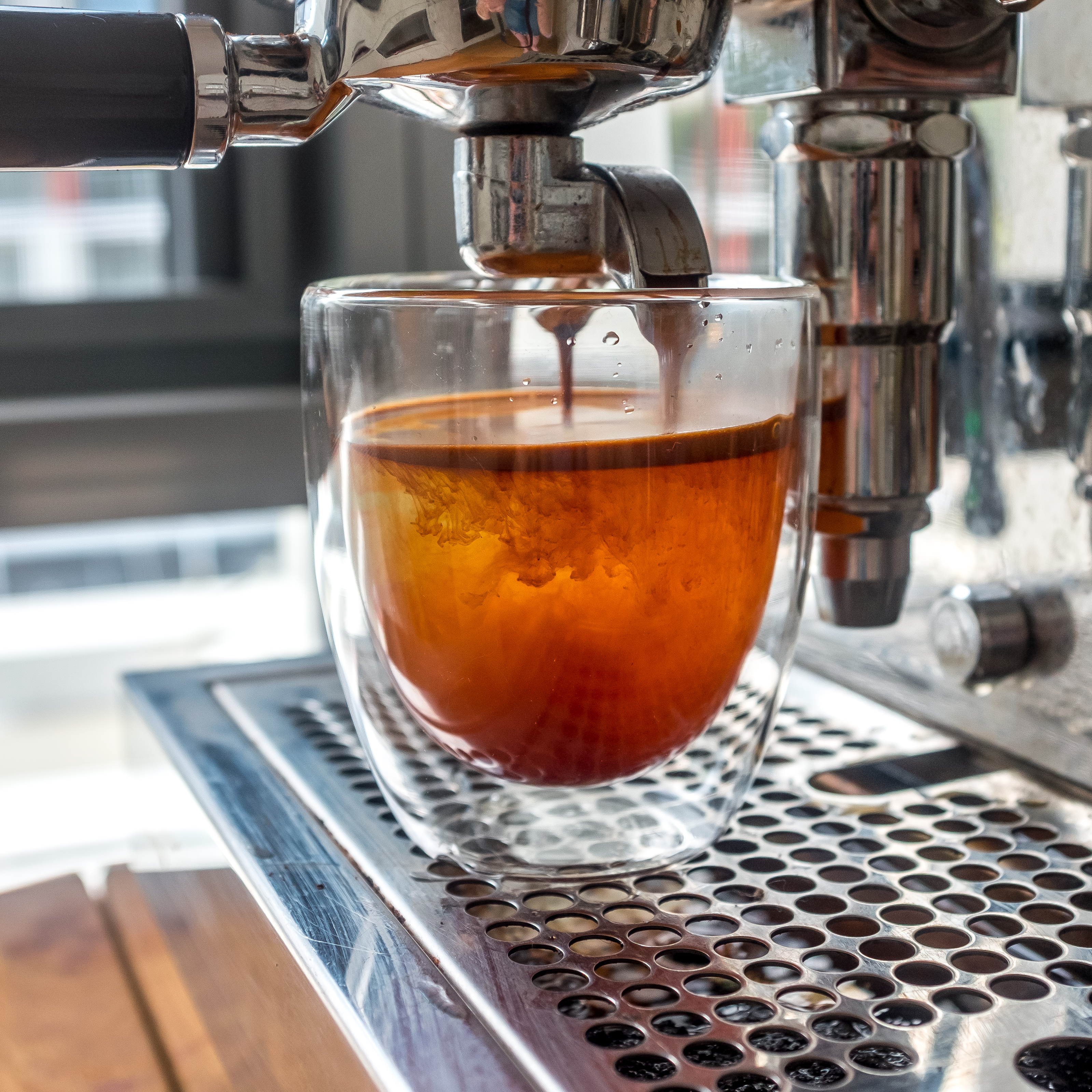
Cleanliness is next to coffee bliss
Coffee oil buildup in your coffee machine can alter the taste of your coffee and potentially contribute to bitterness. Regular cleaning is essential for maintaining a clean and flavourful cup. Refer to your coffee machine's manual for specific cleaning instructions.
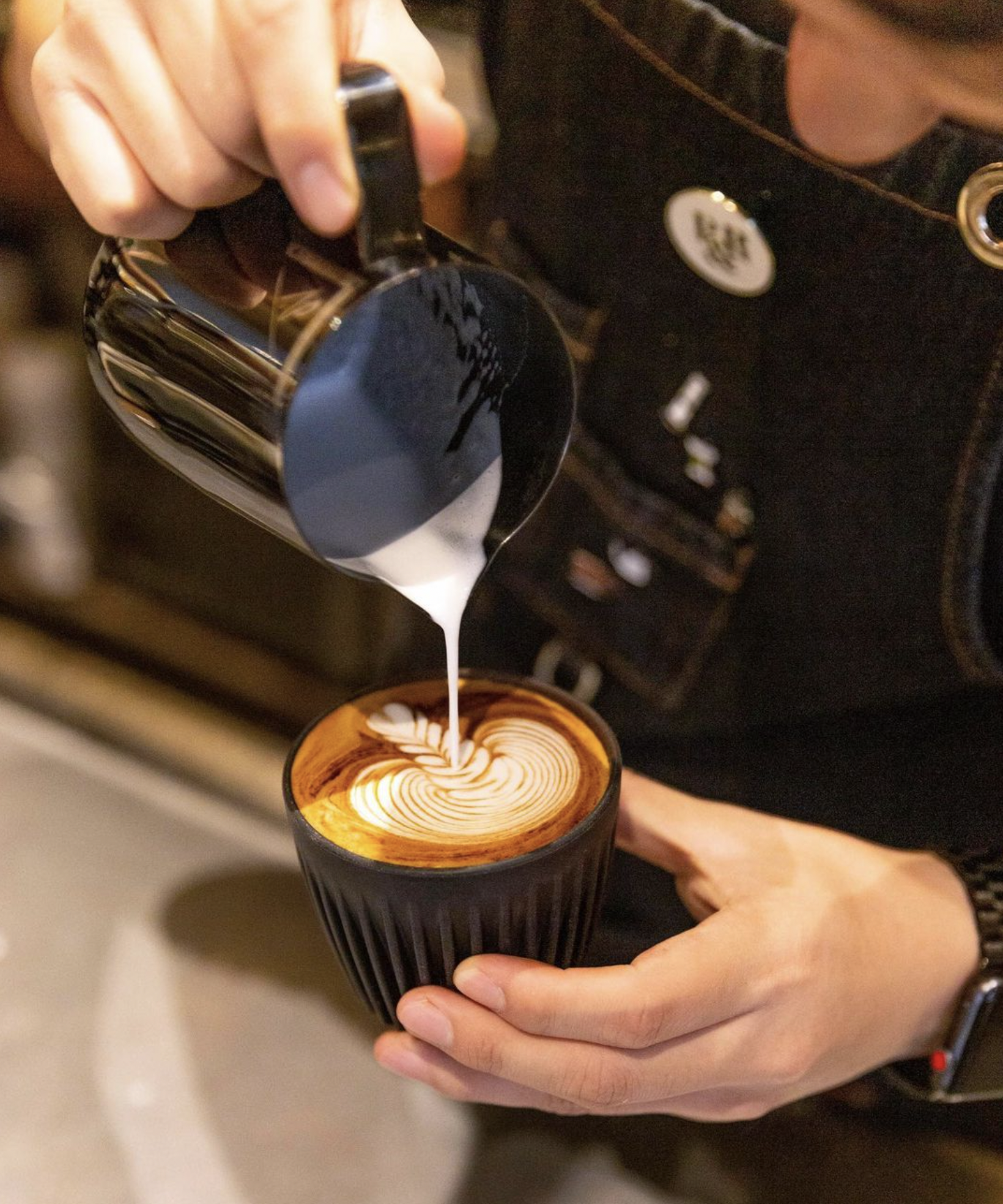
Brewing bliss at your fingertips
By understanding the factors that influence extraction, you can transform your coffee experience. Experiment with grind size, brewing time, and coffee-to-water ratio to discover your perfect cup. Remember, fresh, high-quality coffee beans are essential for optimal flavour. At P&R, we offer freshly roasted beans sourced from around the globe. Our convenient coffee subscription service ensures you receive coffee when you need it. You can skip or bring forward your subscription anytime. Ensuring you’ll never run out of ethical and fresh coffee
So, ditch the bitterness and embrace the world of flavourful coffee! Visit our website to explore our selection of specialty coffee beans that are perfect for your preferred brewing method. Happy brewing!



